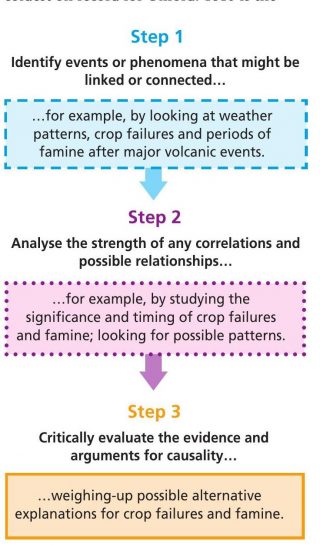
The rapid economic growth of the economies of southeast and east Asia since the 1950s and 1960s has been described by many as miraculous. In the preceding years, many commentators had predicted nothing but economic gloom for the region. The World Bank (WB) and International Monetary Fund (IMF) frequently cite their role in this growth as the sole contributing factor and use the example of Asia to encourage other regions to follow their advice.
Confucius (551–497 BC) was a Chinese thinker, politician and educator. His political and social teachings in particular continue to have a profound impact on many in the region and Confucian values can be seen in almost all of the cultures of the region. His political teachings were rooted in the philosophy that a ruler should show self-discipline, govern by setting his own example and treat all his subjects with love and concern. His social teachings focus on the need for self-restraint and for individuals to put society’s needs above their own. Confucius’ teachings have become so ingrained in value systems across the region that ‘Asian values’ tends to mean Confucian values.
Your organisation does not have access to this article.
Sign up today to give your students the edge they need to achieve their best grades with subject expertise
Subscribe




